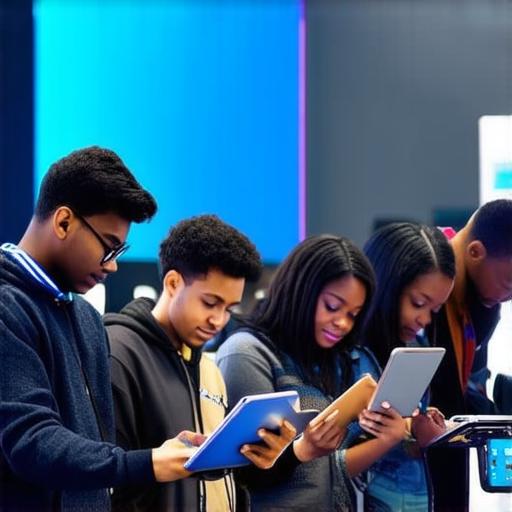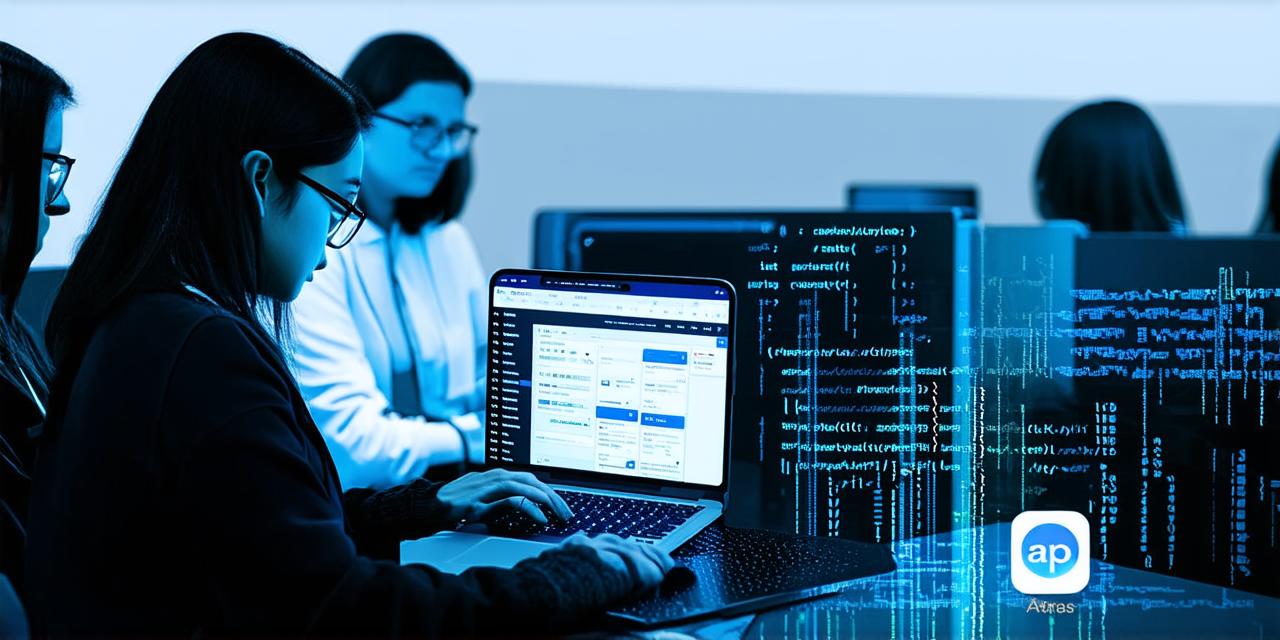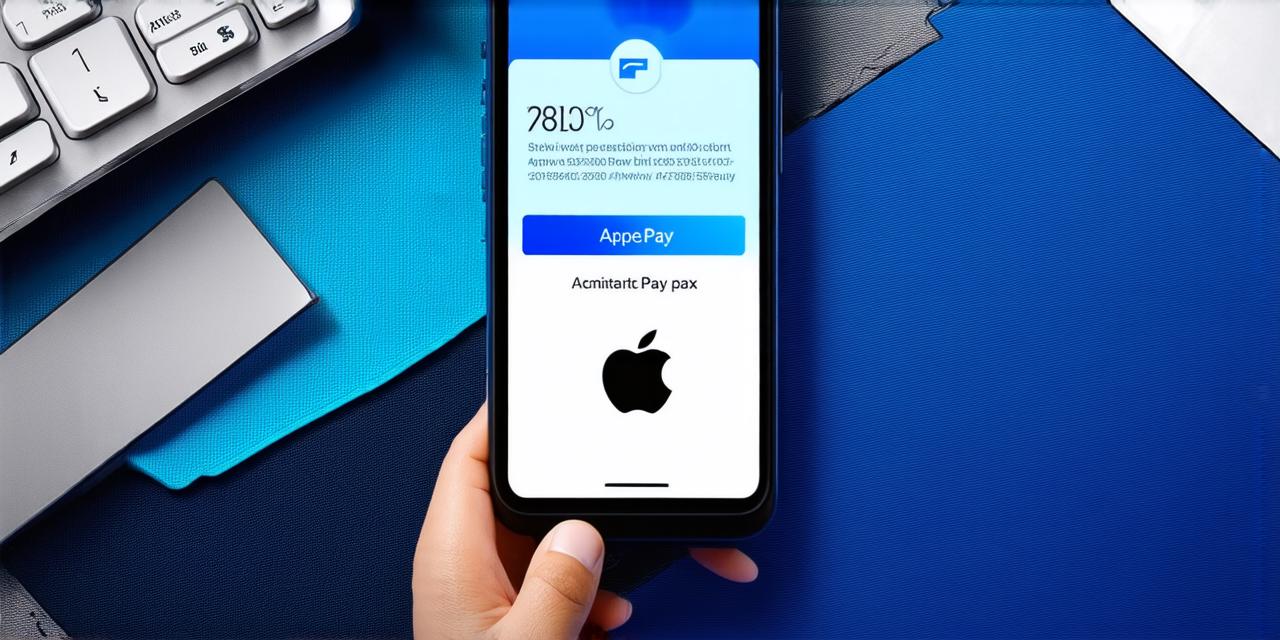As technology continues to advance, so too does the importance of app development in our daily lives. From social media platforms to fitness trackers and gaming apps, productivity tools, and more, these applications have become an integral part of how we live, work, and communicate. But with this growing reliance on apps comes a need for greater awareness of the data that app developers collect from their users. In this expanded article, we will delve deeper into why app developers want your data, as well as some best practices for protecting your privacy while using mobile apps.
The Benefits of Collecting Data
App developers may collect data from users for a variety of reasons, including improving the functionality and usability of their apps, tailoring marketing efforts to specific demographics, and monetizing their apps through in-app purchases or advertising. By collecting data on how users interact with their apps, developers can identify areas where the user experience could be improved, such as by streamlining certain features or adding new ones based on user demand.
For example, if an app developer notices that a particular feature is not being used by a large percentage of their users, they may remove it to save space and improve the overall user experience. Similarly, if an app developer notices that users are struggling to navigate through a complex menu or find a particular feature, they can make changes to improve the navigation and usability of the app.
Data collection can also help app developers better understand their target audience and tailor their marketing efforts accordingly. By analyzing user data, developers can identify patterns and trends in user behavior that may inform how they promote their apps and what features they prioritize in future updates. This can lead to increased engagement and retention rates, which can ultimately lead to more revenue for the app developer.
In addition to improving the user experience and targeting marketing efforts, collecting data can also help app developers monetize their apps. Many apps are free to download and use, but generate revenue through in-app purchases or advertising. In order to effectively monetize an app, developers need to have a clear understanding of their users’ behavior and preferences, which can be gleaned from the data they collect.
For example, if an app developer notices that a particular feature is being used more frequently than others, they may consider adding more features like it to increase engagement and revenue. Similarly, if an app developer notices that users are spending more time on certain features or sections of the app, they may consider promoting those features more heavily or even creating separate apps for them.
The Risks of Data Collection

While there are many benefits to collecting data from users, there are also potential risks associated with it. One of the main concerns is that app developers may misuse or mishandle the data they collect, leading to privacy violations and other security issues. For example, if an app developer sells user data to third-party companies without obtaining proper consent, this could be considered a violation of the user’s privacy.
Another risk associated with data collection is that it can leave users vulnerable to hacking or other forms of cyberattacks. If an app developer fails to secure their servers or databases properly, this could lead to a data breach, which could result in the loss or theft of sensitive information such as credit card numbers or personal identification information.
Best Practices for Protecting Your Privacy
Given the potential risks associated with data collection, it’s important for app developers and users alike to take steps to protect their privacy while using mobile apps. Here are some best practices that can help:
- Read and understand the app’s privacy policy before downloading it. This will give you a better understanding of what data the app collects and how it is used, as well as any potential risks associated with using the app.
- Be mindful of the data you share with app developers. Only provide personal information that is necessary for the app to function properly, and avoid sharing sensitive information such as credit card numbers or social security numbers.
- Use reputable antivirus and anti-malware software on your device to protect against malicious apps and malware that may collect personal information without your knowledge or consent.
- Regularly update your device’s operating system and apps to ensure that any security vulnerabilities are patched quickly.
- Consider using privacy-focused app stores, such as the Apple App Store or Google Play Store, which have strict guidelines for app developers and require them to obtain user consent before collecting personal information.
- Use strong and unique passwords for all your accounts, and enable two-factor authentication whenever possible. This can help prevent unauthorized access to your personal data in case of a data breach.
- Be cautious when clicking on links or downloading attachments from unknown sources, as these may contain malware or phishing attempts designed to steal your personal information.
Summary
App developers want your data in order to improve their products and provide a better user experience. However, this comes with risks associated with privacy violations and security issues. By being mindful of the data you share with app developers and taking steps to protect your privacy



